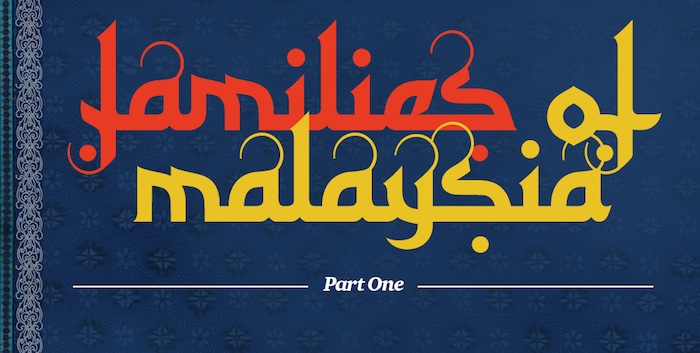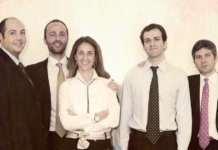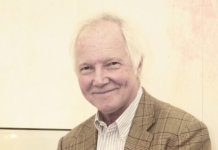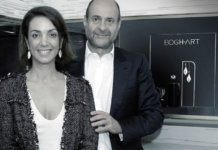Malaysia’s growth has been well noted across the world, as the Southeast Asian nation’s GDP is firmly positioned in the global top-30, valued at nearly half a trillion dollars. The country’s economy has grown on average 6.5% annually since gaining independence in 1957 and is displaying an acute penchant for transitioning away from the heavily relied upon export segment.
Malaysian family businesses are making significant contributions to the country’s progress. Two-thirds of Malay commerce is family-managed in an array of industries as diverse as banking, energy and telecommunications. Prime examples of the Malaysian family business model exist in the following profiles of YTL Corporation, Cahya Sawa Sarawak and Sapura Group.
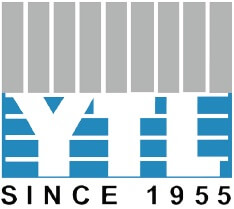
YTL Corporation
Founded in 1955 as a small construction firm, the YTL Corporation is now one of Malaysia’s largest businesses and serves three continents a range of interests. Founder and namesake, Yeoh Tiong Lay, passed the reigns of the family business to his son Francis Yeoh when the latter became Managing Director in 1988. Under the second generation’s guidance, YTL Corporation has become one of the largest companies on the Bursa Malaysia, Kuala Lumpur’s stock exchange.
YTL now commands a multipronged operation, which consists of YTL Power International, YTL Cement, Syarikat Pembinaan YTL and YTL Land & Development among other concerns. The company’s four entities listed on the Bursa Malaysia are worth a combined market capitalisation of 31.9 billion Malaysian ringgit ($10.3 billion) and has assets worth 51.6 billion Malaysian ringgit ($16.68 billion). YTL Corporation made history with a secondary listing on the Tokyo Stock Exchange in 1996, the first non-Japanese Asian company to do so.
The firm has also proven legendary for the level of growth it has produced for shareholders. YTL Corporation has operated at an average annual growth rate of 55% in pre-tax profits over the last 15 years. Between 2009 and 2011 the infrastructure behemoth amassed 125% in revenue growth. Francis Yeoh has been recognised by way of multiple awards for superior management. The level of growth and resultant capital in YTL has led to multiple acquisitions abroad. A range of buyouts from as far afield as the UK and Australia to markets closer to home in Indonesia and Singapore have all targeted the utilities market in an attempt to further bolster YTL’s market share.
With an IT arm of the company as well as the hospitality entity, which hosts a range hotels and resorts, the YTL Corporation is plowing forward, diversifying its holdings every step of the way.
[ms-protect-content id=”4069,4129″]
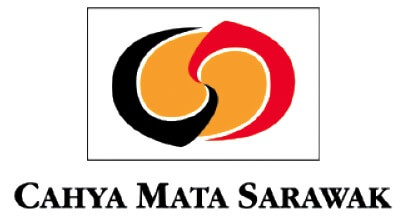
Cahya Mata Sarawak
Cahya Mata Sarawak (CMS), “The Pride of Sarawak” in Malay, has lived up to the company slogan by representing Malaysia’s largest state well into its nearly 40 years of operation. Having emerged from being solely a cement manufacturer to a company with a bevy of interests, which range from construction materials to education, CMS has grown into one of the largest companies on the Malaysian stock exchange.
CMS was founded by Taib family patriarch, Abdul Taib Mahmud, in 1974. Taib has since delved into a storied political career, leaving his sons to chair and manage the business. As CMS ages, the levels of diversification have grown tremendously. While primarily focused on infrastructure, as exemplified by the company’s core concrete concerns, CMS is now a major financial services player as well. CMS’ banking unit Bank Utama merged with RHB Bank to become one of the ten core banking entities in Malaysia. Bank Utama also manages separate private equity and investment arms. CMS Opus Private Equity (COPE) received an award from the Malaysian Venture Capital and Private Equity Association in February 2013 for successfully raising over 100 million Malaysian ringgit ($32.3 million) in 2012.
Company-wide revenue grew last year nearly 20% to 1.2 billion Malaysian ringgit ($388 million) while gross profit and ROE also showed modest increases. CMS has managed to meet Malaysia’s growing needs for construction by expanding the company’s logging activities whilst scoring key government construction contracts. The conflict of interest that has resulted from Abdul Taib’s political perch as the longest serving Chief Minister of Sarawak and CMS’ consistent ability to win the government’s favour has, however, not gone without notice. Charges of illicit gains, nepotism, and mention in the infamous WikiLeaks scandal of 2011 have placed a closer watch on the company’s many endeavours.
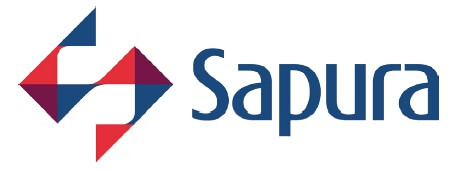
Sapura Group
The Shamsuddin brothers of the Sapura Group have gained the company global recognition and themselves billionaire status in recent years, though not without taking a few well-timed risks. Buying out Crest Petroleum first in 2003 and then Kencana Petroleum just last year catapulted the 38-year old family business furthermore into its core energy interests. The investments have proven apt as SapuraCrest specialises in designing and installing the offshore oilrigs, which Kencana bears an expertise for constructing. The energy giant whom these abilities and acquisitions have grown to create now boasts of oil and gas contracts, which are equal parts domestic and international.
The brothers’ father and chairman of Sapura Group, Shamsuddin Abdul Kadir, created the company as a telecommunications and technology services provider in 1975. A large amount of innovation led to Sapura rebranding itself in order to introduce a balanced sheet of four major business segments: Oil & Gas, Secured Technologies, Industrial & Automotive Manufacturing, and Knowledge & Technology. While Oil & Gas has naturally delivered the highest returns, Sapura Group has continued to invest in its original telecommunications and technology interests by adding new aims. Sapura Group’s Knowledge & Technology portfolio serves the security industry with its Integrated Command & Control (ICC) communications network in addition to a fleet of Unmanned Aerial Vehicles (UAV) and training capabilities.
Sapura Group is present in nearly a dozen countries around the world and is continuing to push abroad further. The family business completed a $170 million pipeline and platform 40 kilometers off the coast of Australia in 2011 and Kencana is eyeing opportunities in the U.S., Brazil, Australia, India and Africa. The Shamsuddin brothers are collectively worth $1.05 billion, and in the wake of a $3.7 billion merger with Kancana, charging ahead to inevitably larger profits for the Malaysian family firm.
Tharawat Magazine, Issue 19, 2013
[/ms-protect-content]


